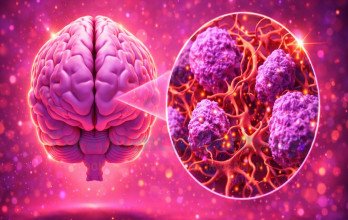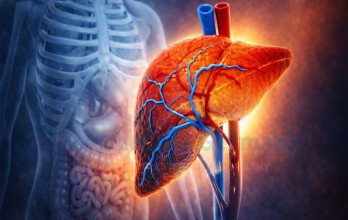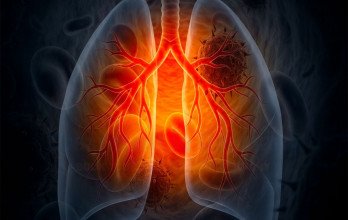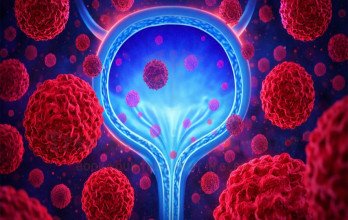
Learn about brain cancer treatment with dendritic cell therapy, including the step-by-step process, treatment cost, specialist expertise in Germany, and support options for international patients seeking advanced immunotherapy.
Details →
Learn what is the prognosis for stage 3 colon cancer? And explore advanced treatment options in Germany, including TACE treatment, dendritic cell therapy, and clinical trials.
Details →
Learn about metastatic bladder cancer treatment options in Germany, including targeted embolization treatment and dendritic cell therapy for international patients.
Details →
Lymphoma cancer symptoms include swollen lymph nodes, fatigue, fever, night sweats, itching, and weight loss. Learn signs and dendritic cell therapy options in Germany.
Details →
Learn about Small Bowel Cancer: All Treatment Options for Small Intestine Cancer, including chemotherapy, TACP treatment, and dendritic cell immunotherapy in Germany, with expert treatment planning and international patient support.
Details →
Discover Full 4 Stage Bowel Cancer Treatments Guide, including TACE treatment and dendritic cell immunotherapy in Germany, with advanced treatment planning and international patient support.
Details →
Explore innovative solutions for the treatment of liver cancer and liver metastases, including TACE treatment and dendritic cell immunotherapy in Germany, with expert specialists, transparent costs, and international patient support.
Details →
Explore Treatment for Glioblastoma – Full Guide: New and Standard Treatment, including standard therapies and dendritic cell immunotherapy in Germany, with expert treatment planning and international patient support.
Details →
Treatment of stage 4 stomach cancer in Germany includes advanced options such as TACP and dendritic cell immunotherapy, offering personalized care and international patient support.
Details →
Pancreatic cancer treatment in Germany with dendritic cell therapy by Prof. Dr. Gansauge provides personalized options for advanced or inoperable cases.
Details →
Stage 4 colorectal cancer requires advanced treatment. Learn about treatment options in Germany including TACE and dendritic cell immunotherapy, and why international patients choose specialized colorectal cancer treatment in Germany.
Details →
Metastatic liver cancer requires advanced care. Learn about treatment options in Germany including TACE and dendritic cell immunotherapy, and why international patients choose specialized cancer treatment in Germany.
Details →
Bladder cancer is a common urological cancer in Europe. Learn how common bladder cancer is, what influences its occurrence, and why many international patients choose advanced treatment options in Germany.
Details →
Immunotherapy treatment for stage 4 lung cancer focuses on strengthening immune response. Learn about dendritic cell immunotherapy in Germany and why international patients choose advanced lung cancer treatment.
Details →
Early signs of cervical problems include abnormal bleeding and pelvic pain. Learn when to seek medical care and why many international patients choose advanced cervical treatment options in Germany.
Details →
Immunotherapy treatment for leukemia in Germany focuses on strengthening immune response through advanced dendritic cell therapy, clinical trials, and expert care for international patients.
Details →
Learn how bladder cancer survival varies from patient to patient and why international patients choose Germany for advanced diagnostics, embolization, and dendritic cell therapy.
Details →
Stage 4 bladder cancer requires advanced care. Learn about treatment options in Germany including targeted embolization and dendritic cell immunotherapy, and why international patients choose specialized cancer treatment in Germany.
Details →
Duodenal cancer is a rare gastrointestinal cancer. Learn about symptoms, diagnosis, and the latest treatment options in Germany including chemotherapy, TACP, and dendritic cell therapy for international patients.
Details →
.webp)
 (1).webp)

.webp)
 (1).webp)


.webp)
 (1).webp)

.webp)
 (1).webp)
